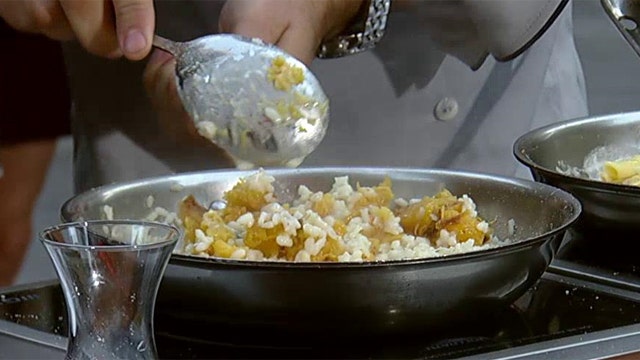Pumpkins aren't just for carving
Chef Rodney Murillo's delicious recipes to savor flavor of the fall
During fall, pumpkins become a popular household decoration. They are often carved, decorated and displayed for passers-by, but did you know they can be carved and put right on your dinner plate, too?
Pumpkin is often used in treats such as cookies, pies, cheesecakes and as a flavoring in sugary drinks.
It can also be used in more savory dishes such as soup, pasta, hummus and more. And while pumpkin might be fall's favorite fruit, it's also packed with vitamins and minerals that can help improve your health.
PUMPKIN SPICE (AND EVERYTHING NICE): CONSUMERS LOVE IT BECAUSE THERE'S BRAIN SCIENCE BEHIND IT
Here are a few facts you should know about pumpkins before you stop by your local pumpkin patch or grocery store.
Pumpkins can help your eyesight
Pumpkins are a high source of vitamin A, which plays a significant role in eye health, according to experts.
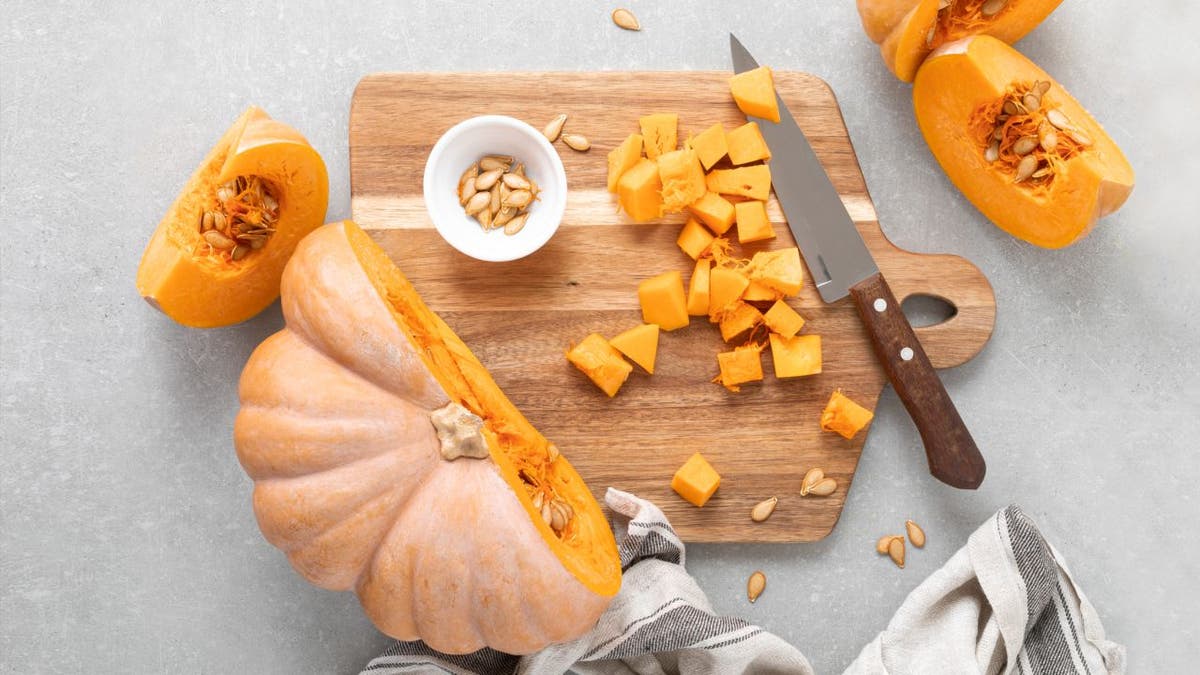
Pumpkins are a high source of vitamin A, which plays a significant role in eye health, according to experts. (iStock)
Christie Gagnon, a registered dietitian at the food and lifestyle blog Hoorah to Health, told Fox News Digital that pumpkins are "packed full of vitamin A," which is a nutrient that can "lower the risk of developing cataracts, a common cause of blindness."
Vitamin A also helps promote "good eyesight," according to Michelle Rauch, a registered dietitian at The Actors Fund Home, which is an assisted-living facility in Englewood, New Jersey.
Rauch added, "It plays an important part in forming and maintaining soft and skeletal muscle tissue, bone and mucus membranes."
THE BEST PUMPKIN PATCHES FOR FALL FUN IN AMERICA
Additional compounds found in pumpkins that support vision health are lutein and zeaxanthin, two plant pigments that help to protect the eyes from harmful light waves, according to WebMD.
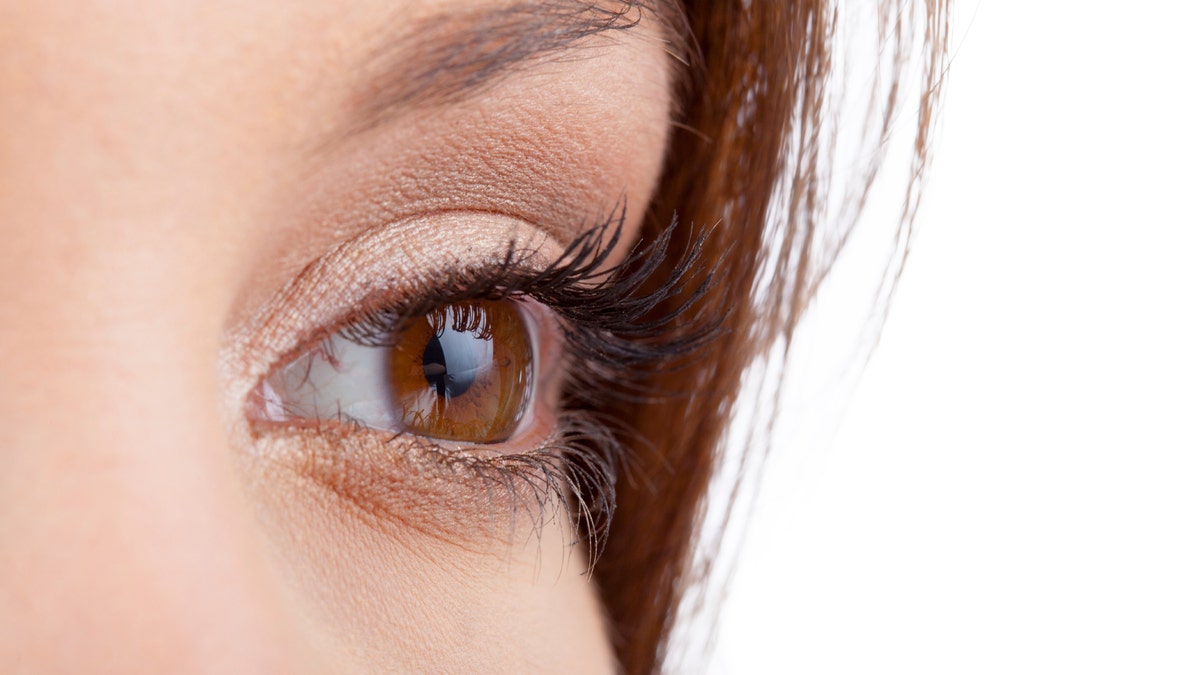
Vitamin A, lutein and zeaxanthin are beneficial to eye health, experts say. (iStock)
An article reviewed by one of WebMD's registered dietitians said a single cup of pumpkin can give a person 200% of their recommended daily vitamin A intake.
"If you get it, your eyes will thank you. Vitamin A helps you have healthy eyes and see more clearly, especially in low-light conditions," the WebMD "Health Benefits of Pumpkin" article states.
Zinc, a mineral found in pumpkin, helps keep the retina healthy.
Pumpkins are immunity boosters
Aside from vitamin A, pumpkins are a high source of vitamin C, which is a nutrient that has long been associated with boosting immunity.
EAT THESE FOODS TO LIVE A LONG LIFE, EXPERTS SAY
"Vitamin C aids neutrophils, a type of immune cell, in carrying out various immune functions such as getting rid of harmful bacteria," said Mackenzie Burgess, who is a registered dietitian and recipe developer at Cheerful Choices, a food blog focused on offering simple meal solutions.
"With flu season just around the corner, consuming more pumpkin may be a great way to support your immune system," Burgess told Fox News Digital.
Pumpkins are also full of vitamins D and E, beta-carotene, folate and iron.
Mixing pumpkin into your diet can give you the immunity boost you need as the temperatures start to drop.
If you feel sickness coming on during fall, put together a warm pumpkin soup to help you feel better in no time.
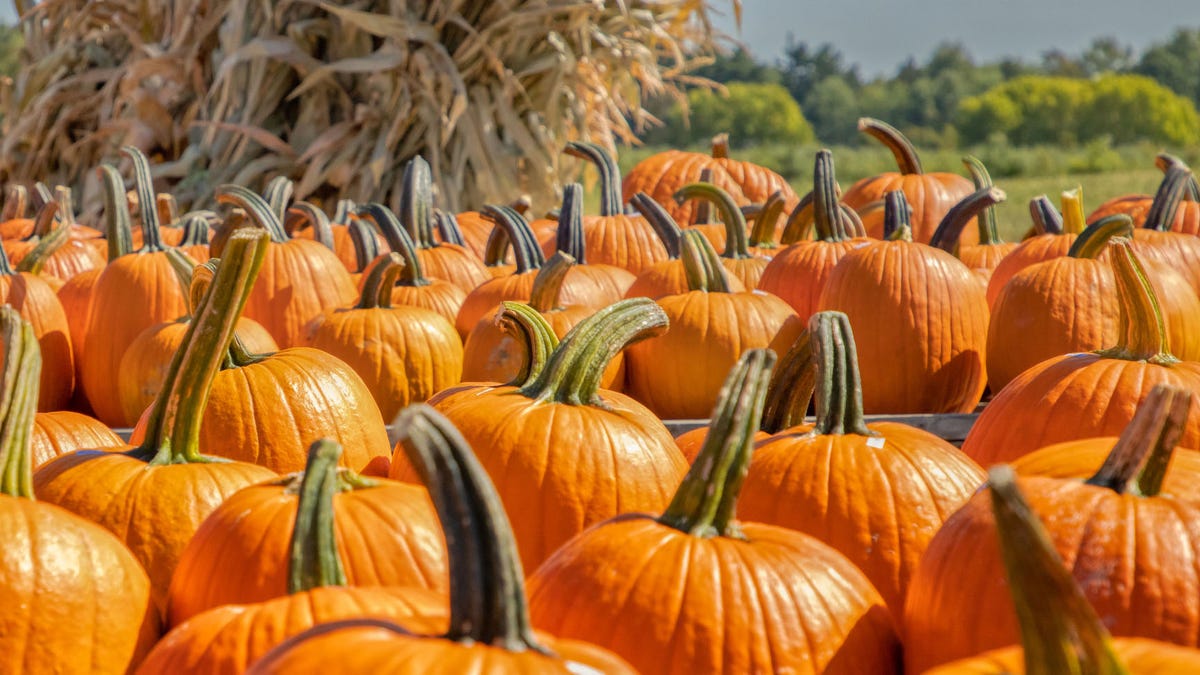
Aside from vitamin A, pumpkins are a high source of vitamin C, which is a nutrient that has long been associated with immunity-boosting. (iStock)
Pumpkins can help you stay limber
Bananas aren't the only fruit rich in potassium.
Pumpkins can be a great source of the mineral.
Recommended daily potassium intake: NIH
- Infants: 400 mg for babies ages 0 to 6 months, 860 mg for babies ages 7 to 12 months
- Toddlers ages 1 to 3: 2,000 mg
- Children ages 4 to 8: 2,300 mg
- Adolescents ages 9 to 13: 2,500 mg for boys, 2,300 for girls
- Teens ages 14 to 18: 3,000 mg for boys, 2,300 mg for girls
- Adults ages 19+: 3,400 mg for men, 2,400 mg for women (pregnant: 2,900 mg, lactating: 2,800 mg)
"There are about 250 milligrams of potassium per half-cup serving of cooked pumpkin," said Kimberly Baker, who is the director of the Clemson Extension Food Systems and Safety Program.
"Potassium helps to contract muscles, regulates fluid and mineral balance within the cells of the body, and helps to maintain normal blood pressure."
AVOID PUMPKIN CARVING INJURIES WITH THESE EXPERT TIPS
She added, "Males who are older than 19 should consume approximately 3,400 milligrams of potassium per day, and females older than 19 should consume 2,600 milligrams potassium per day unless told differently by a doctor or registered dietitian."
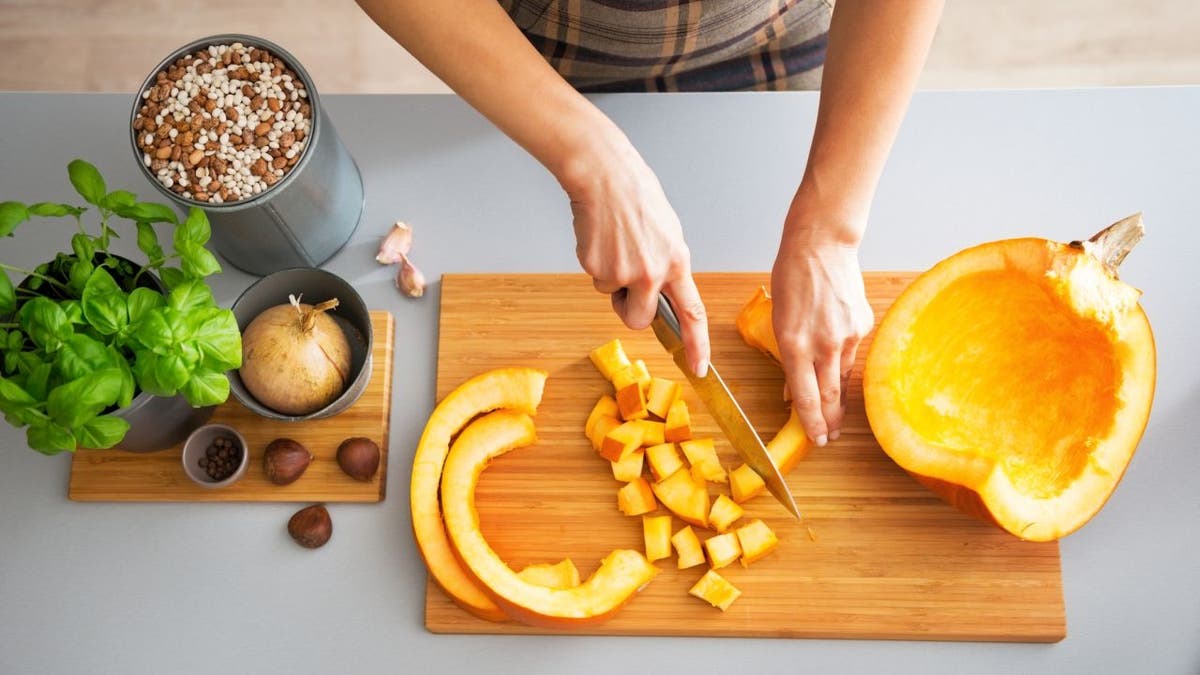
Bananas aren’t the only fruit rich in potassium. Pumpkins can be a great source for the mineral. (iStock)
A potassium fact sheet published by the National Institutes of Health matches Baker's nutrition guidance for individuals who don’t have medical conditions with "impaired potassium excretion" or use medications that "impair potassium excretion."
About 90% of potassium is excreted through urine and less than 10% is excreted through sweat or stool, according to a potassium-focused health report on Medscape, a website owned by WebMD that provides medical information to clinicians.
Pumpkins are helpful for weight loss
Pumpkins are 90% water. If you’re looking to shed a few pounds with a healthier diet, pumpkins could become your secret weapon, according to Burgess.
THE BEST VEGETABLES FOR YOUR HEALTH, ACCORDING TO NUTRITIONISTS
"Pumpkin is beneficial for weight loss because it’s largely made up of water, so it is low in calories while still containing many nutrients," Burgess told Fox News Digital.
"Try adding more pumpkin to your diet by making pumpkin soup, pumpkin oatmeal, roasted pumpkin, or pumpkin energy bites."
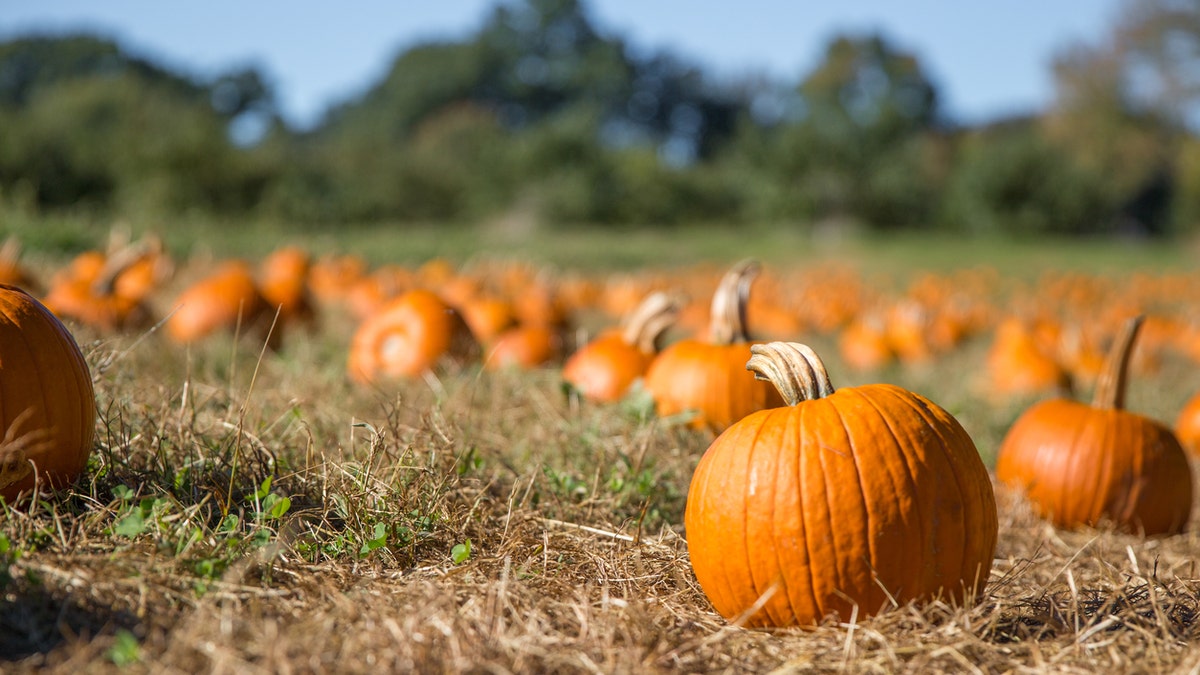
If you’re looking to shed a few pounds with a healthier diet, pumpkins could become your secret weapon. (iStock)
Including pumpkin in sugary treats like desserts and drinks is going to take away the weight loss benefits.
Instead of a sugar-filled pumpkin pie, opt for a healthy roasted pumpkin — or a yummy pumpkin smoothie.
Pumpkins boost fiber and lower cholesterol
Pumpkins are high in fiber, which has a list of benefits, including satiating hunger and lowering "bad" cholesterol, called low-density lipoprotein, according to Rauch.
CLICK HERE TO GET THE FOX NEWS APP
Other fiber-based benefits include improved bowel health and a lessened chance of blood sugar spiking, she said.
Since pumpkins are so high in fiber, they will help you stay full longer, which can help promote weight loss.
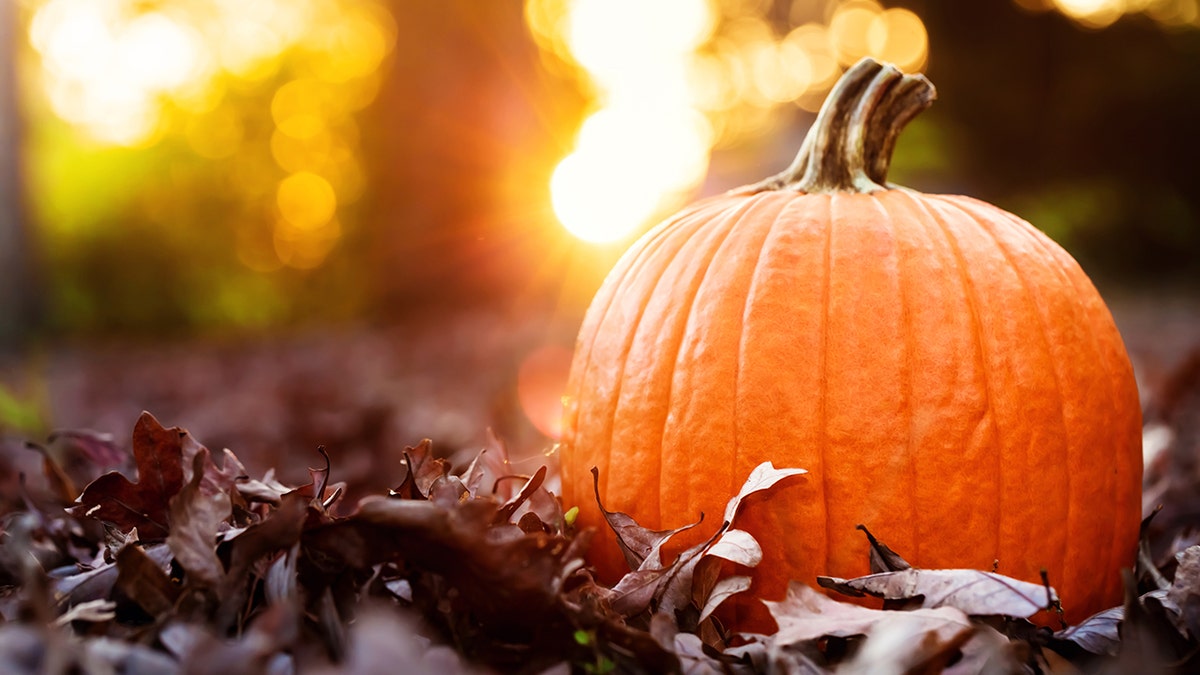
Pumpkins are high in fiber and antioxidants, which offer a list of health benefits, including improved bowel and skin health. (iStock)
"Pumpkin is a good source of fiber and the pumpkin's seeds which in addition to being delicious are rich in antioxidants and contain magnesium, iron, zinc, and manganese," Rauch told Fox News Digital.
"Canned pumpkin contains seven grams [of fiber] per cup."
Pumpkins are rich in skin-saving antioxidants
Pumpkins are loaded with antioxidants. These molecules help protect cells from damage caused by free radicals — unstable atoms.
Antioxidants neutralize these atoms, which in turn slows the aging process, according to Harvard Medical School.
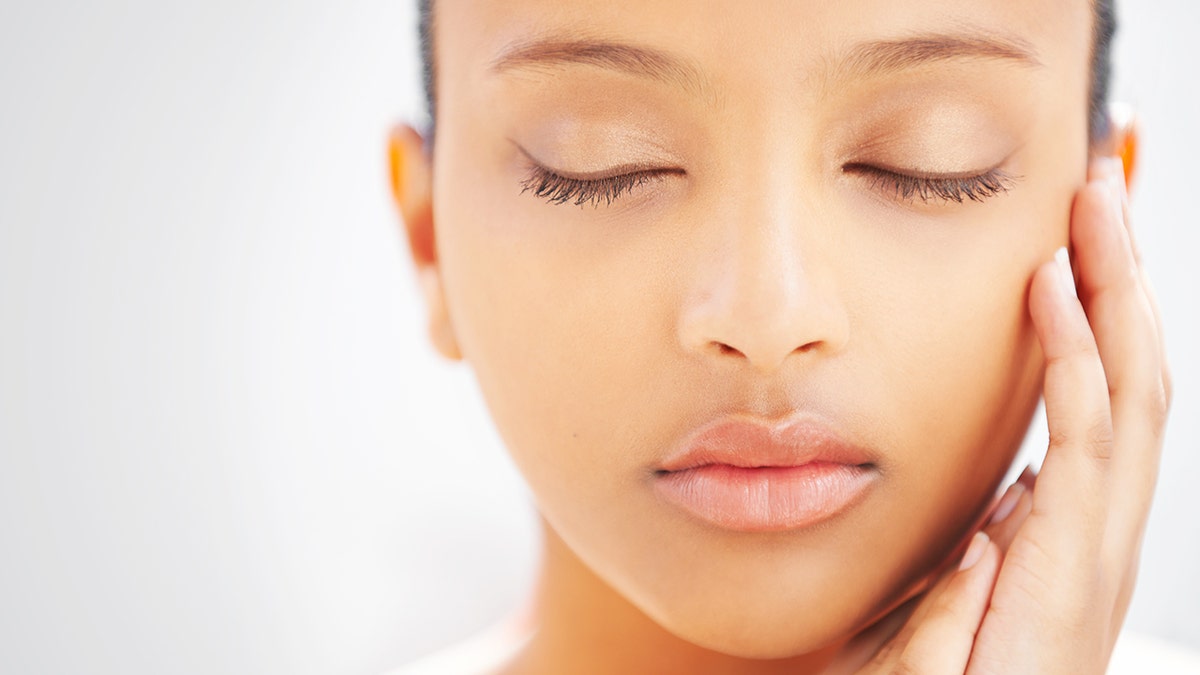
Antioxidants have been connected to skin antiaging. (iStock)
One of the most prevalent antioxidants in pumpkin is beta carotene, Baker told Fox News Digital.
In her words, "Beta Carotene is an antioxidant, which can provide anti-inflammatory benefits [and] prevent aging in the skin."
